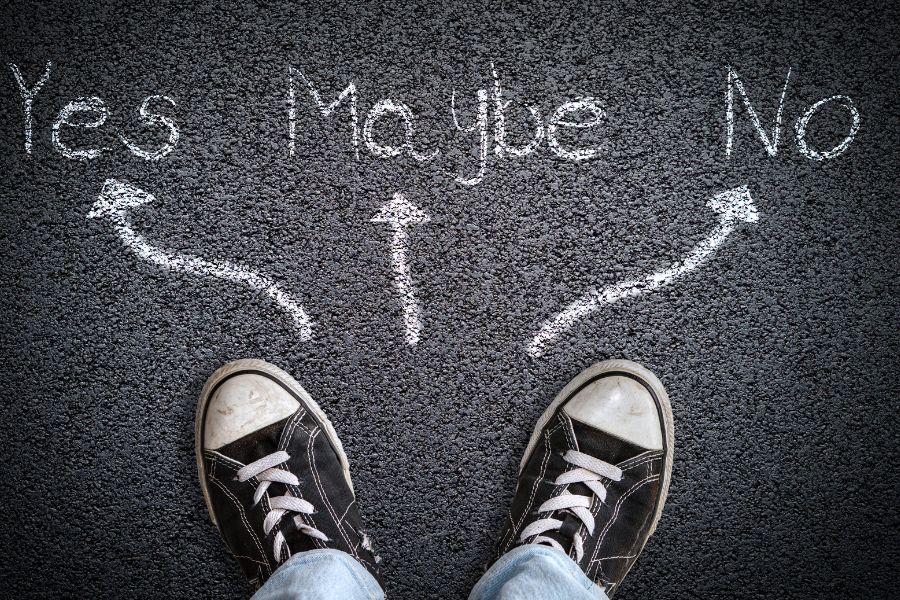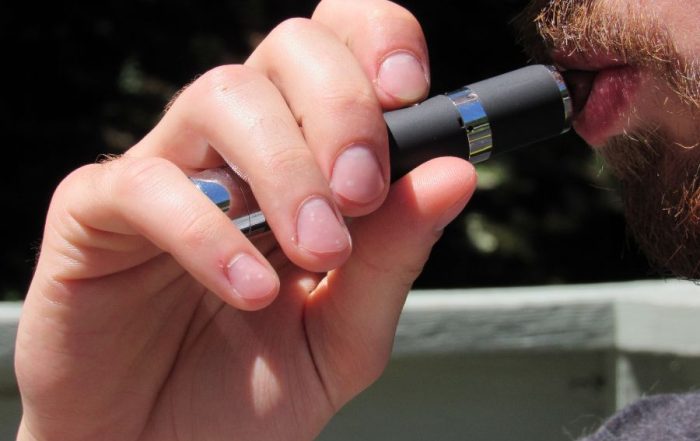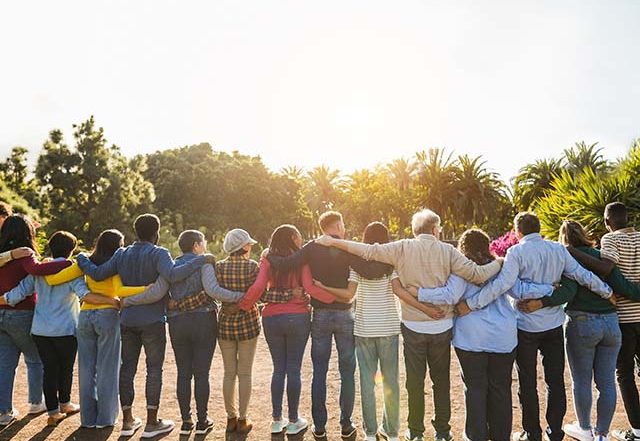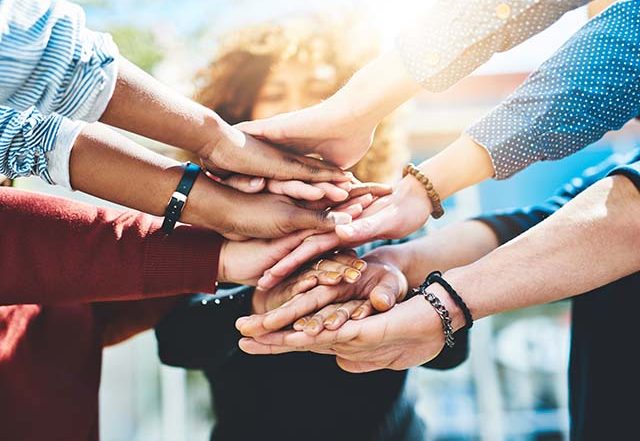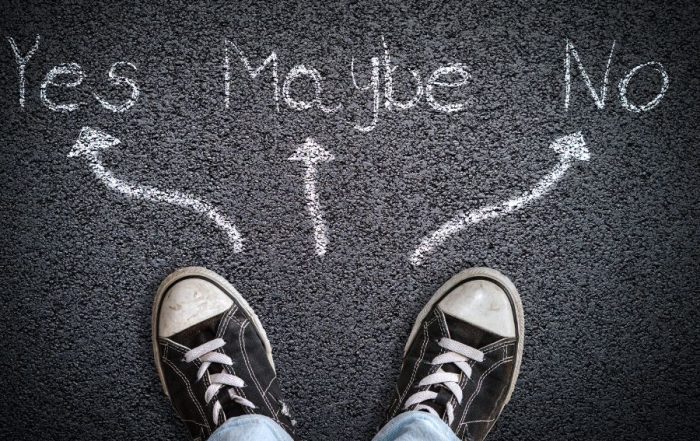Can You Be Too Young to Get Sober?
When we’re young, it’s perfectly logical to have reservations about getting sober. Many of us have an image in our minds about an “alcoholic under a bridge,” and dismiss the idea of getting sober based on the fact that we don’t see ourselves as matching that image. This is especially true with young people, who are often wondering if they’re too young to get sober.
The simple fact is:
If substances are creating problems in your life, it doesn’t matter how old you are — it matters that you respond appropriately to the issues you’re facing. Recovery can provide freedom from substances at any age, and it doesn’t necessarily have to last forever.
In this article, we’ll cover why getting sober at a young age doesn’t have to be as scary as it initially seems, how we don’t have to “take temporary for permanent,” and how to determine if sobriety is right for you at any age.
It’s perfectly logical to question the need for sobriety
Prior to having any real exposure to early sobriety or people in recovery, most of our impressions of recovery come from movies, media, or anecdotes we’ve heard from other people — typically centered around the idea of “hitting rock bottom” (a commonly misunderstood concept) and a particular image of a destitute drug addict or alcoholic who needs to change in order to escape major consequences.
The reality is that most of us who enter sobriety haven’t gone that far down the scale. Whether we’re adults, young adults, or teenagers, most of us are still holding on to some semblance of normalcy in our lives (albiet barely).
What we usually walk people through is a simple process for determining whether or not we have a “drug problem.”

What it actually means to have a drug problem
What do we mean when we say “drug problem?” We mean: do you have a problem or problems in your life that would not exist if you weren’t using drugs?
Ask yourself:
- Do you have problems at school?
- Do you have problems with employment (if applicable)?
- Do you have problems in your family relationships?
- Have you given up relationships or extracurricular activities you used to enjoy?
If so, how many were related to drug use?
Though we would never tell anyone they must get sober, we would submit to you that if you answered any of the above questions in the affirmative, that you’ve got a problem related to drug use. In other words, a drug problem!
There’s no such thing as “too young”
Based on the criteria above, no one is too young to experience the consequences of substance use. Many of the young people we work with at our treatment center started drinking or using in middle school or early high school. By the time they reached out for help, they were already dealing with anxiety, depression, failing grades, legal trouble, or broken relationships.
Just like no one is too young to struggle, no one is too young to recover. You can build a full life — on your own terms — at any age. Getting sober young actually gives you more time to figure out who you are, and to create the kind of future you want.
The little-known benefits of getting sober as a young person
For young people getting sober, it’s tempting to feel as though we’ve been dealt a raw deal. We would argue that getting sober young comes with advantages that often get overlooked.
First, young people tend to bounce back physically much faster than adults — the body and brain of a young person is more resilient and doesn’t have the many years of wear-and-tear that an adult’s does. Healing happens quicker.
Second, many young people haven’t yet done as much damage to their relationships, even if their relationships are extremely strained when their recovery begins. They don’t have to rebuild trust with estranged children or family members they haven’t spoken with in a decade. Though it may not feel like it in the moment, the road to rebuilding trust happens much more quickly in young people (see our full article on why addiction is a family disease here).
Third, getting sober early gives young people experience and wisdom beyond their years, even taking away valuable lessons that adults struggle to learn many years down the road. Instead of waiting until your thirties or forties to learn how to live in the moment, manage fear, and communicate well, we get to start now!

Getting sober doesn’t mean giving up on fun and connection
One of the biggest fears young people have is that sobriety means losing their freedom, fun, or identity. But getting sober doesn’t mean you have to stop being young — it just means you’re choosing a different kind of life.
Instead of waking up sick, full of regret, or in trouble, you get to wake up clear-headed and in control. Instead of surrounding yourself with people who only show up when there’s a party, you build friendships that are based on trust, support, and shared values. Instead of numbing your emotions, you learn how to handle them — and how to heal.
It’s not about giving something up. It’s about gaining something better.
“Don’t take temporary for permanent”
Many young people avoid sobriety because they think it means committing to a life without alcohol or drugs forever. That idea keeps a lot of people stuck.
Sobriety isn’t something we have to do perfectly, and it isn’t even something we have to do forever. This is a common misconception. In recovery, we live in today.
The truth is, we don’t have to make that kind of decision all at once. All we’re doing is choosing not to use today. We can reassess tomorrow. And for most of us, stacking up a few of those days gives us something we hadn’t had in a long time: peace of mind, clarity, and freedom from chaos.
Don’t take temporary feelings — fear, discomfort, awkwardness — and mistake them for permanent reality. We’re allowed to try something different without knowing where it will lead. We’re allowed to see what sobriety feels like and make decisions based on real experience, not assumptions. That’s what recovery gives you: space to find out who you really are, one day at a time.
Give it 30 days
If you’re not sure whether sobriety is right for you, try this: give it 30 days. You don’t have to commit to anything beyond that. No labels, no pressure — just 30 days of seeing what it feels like to live without substances.
In that time, a few things will likely become clear. You’ll notice how your body feels. You’ll see what it’s like to enjoy life without substances. Your thoughts may quiet down. Emotions might come up as you “fall off the pink cloud” — and you’ll learn you can actually handle them. Family relationships may start to shift for the better. Some people might cheer you on, while others might not get it. That’s okay.
The point isn’t to fix everything in 30 days. The point is to give yourself a fair shot at experiencing sobriety for what it really is — not what you’ve heard, feared, or assumed. By the end of those 30 days, you’ll have more clarity than you did at the start. And that clarity will help you decide what comes next.
Signs it might be time to get sober
Still not sure if now is the right time? Ask yourself:
- Do I use substances to escape, cope, or feel normal?
- Have I tried to stop and couldn’t?
- Is my substance use affecting my mental health, relationships, or future?
- Do I feel like I’m living a double life?
- Am I scared of what might happen if I keep going?
If you answered yes to one or more of these questions, it might be time to take a closer look. There’s no shame in that. In fact, it might be one of the most honest and courageous things you can do. For more details, see our article: how to know when it’s time for substance use treatment.
If you’re asking whether you’re too young to get sober, that’s a sign you’re already thinking differently. That inner voice that says, something’s not right — it’s worth listening to.

